Stormont talks: Will a deal be done?
- Published
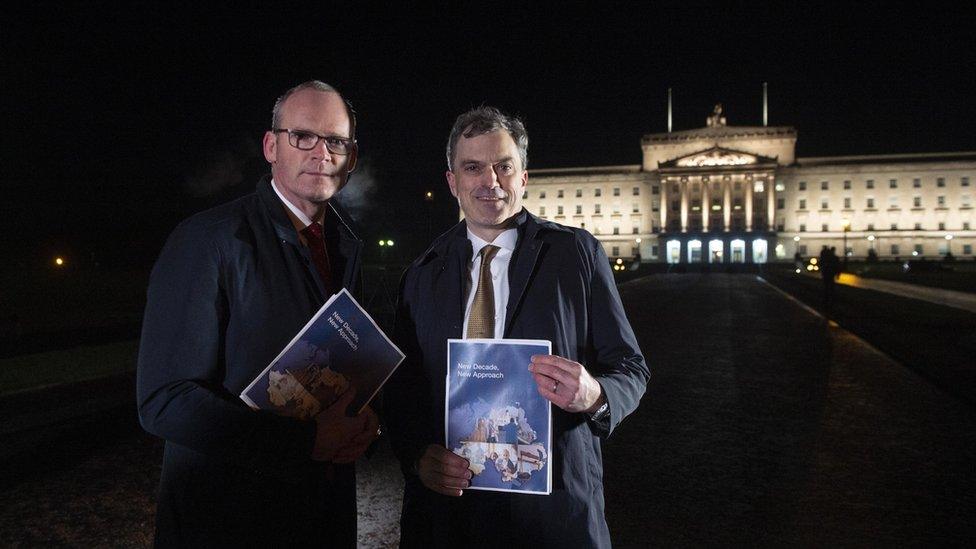
The announcement a new draft Stormont deal took place on a freezing January night, in front of the institutions that have been frozen for three years.
It became an evening in the negotiations that brought more drama than many had been anticipating.
The press had been tipped off shortly before the official announcement that the draft text was coming.
Even then, it was hard not to be taken back by the pace with which events then moved.
The two leaders stood against the backdrop of assembly buildings - a location deliberately chosen - to make the point that the time for talking, all three years of it, is over.
A different act to their predecessors, both men said there is something in this deal for everyone - before a copy of it was uploaded online for all to scrutinise.
This is where difficulties could emerge.
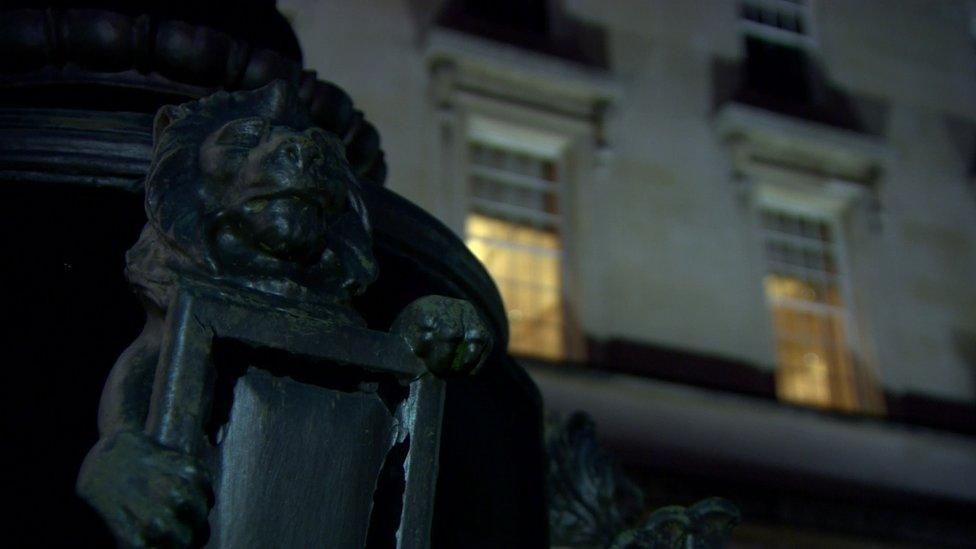
The proposed deal would see the assembly reconvene on Friday
While the DUP's first public statement was positive, Sinn Féin's seemed slightly more reserved.
Based on what is in the text, both parties will have some hard and fast selling to do in order to win over dissenting voices in their ranks.
'Forget win or lose'
That being said, it also includes the prospect of more money to help deal with big problems in the health and education sectors, as well as commitments and new rules about how the assembly should operate on a more sustainable footing from now on - ie ensure it doesn't come crashing down again in short course.
But while Secretary of State Julian Smith said there is something in the deal for all, and Tánaiste (Irish Deputy Prime Minister) Simon Coveney said it was time to forget win or lose - often negotiations in Northern Ireland come right back to who's gained most.
While the DUP and Sinn Féin suss out their path ahead, it bears repeating they do not have much time.
The governments want the parties back in the assembly later on Friday.
There is also talk that if a deal is agreed, there could be a rare Saturday sitting of the assembly.
The final deadline, of course, is Monday.
But if this can't get over the line in the next 24 hours, there may be a fear that the weekend could allow time for the draft deal to be unpicked and unravelled.
Julian Smith was firm about what would happen in that case.
If there is no deal by 23:59 GMT on Monday night, he is under a duty to call an election and he did not seem in any way minded to let that slide.
We will soon see if this final roll of the dice by the two governments has paid off.
- Published9 January 2020
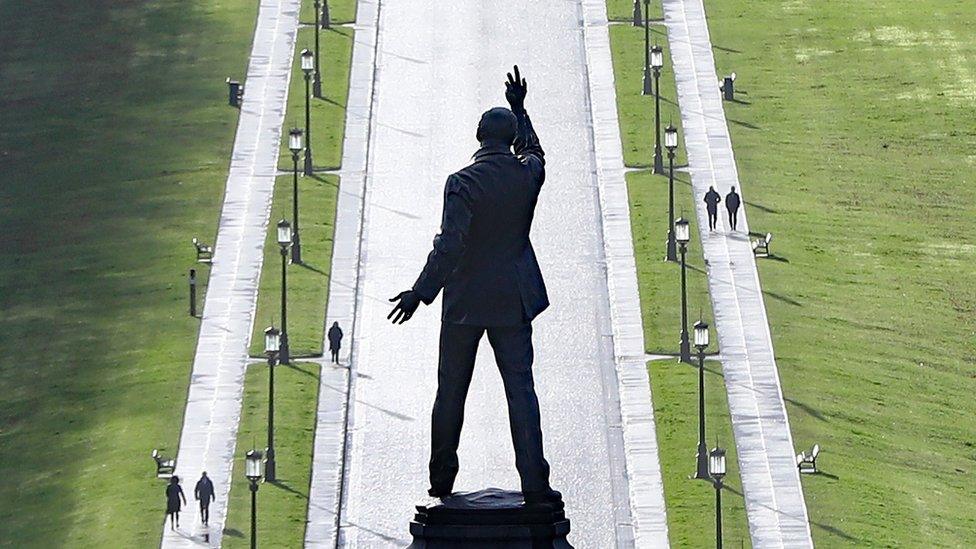
- Published10 January 2020
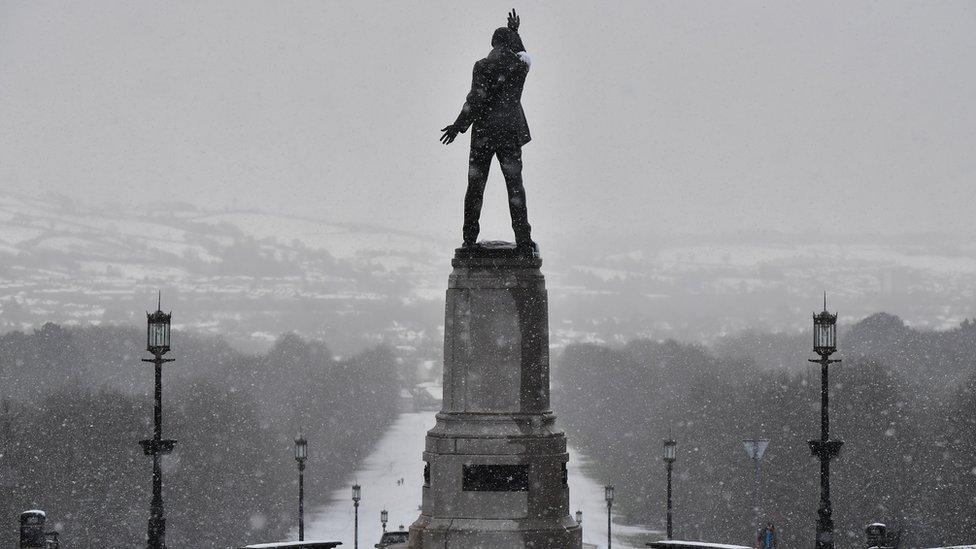
- Published16 December 2019
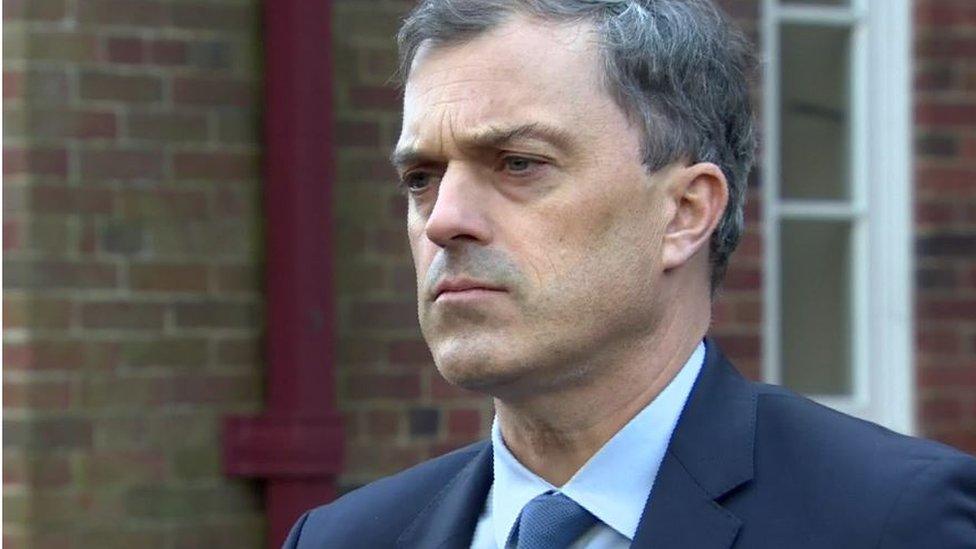
- Published21 October 2019
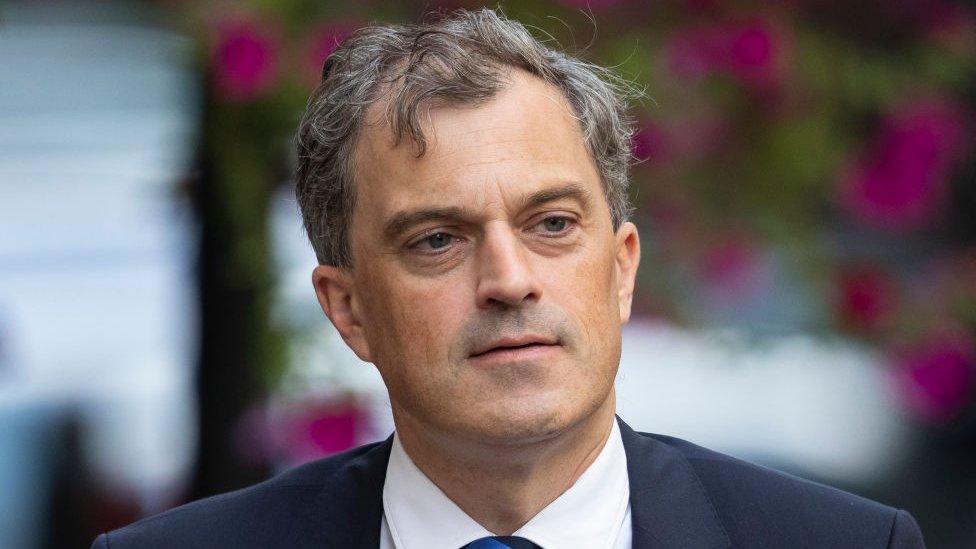
- Published14 December 2019
